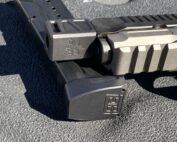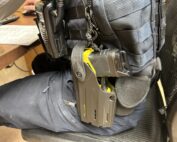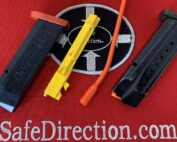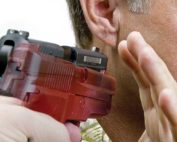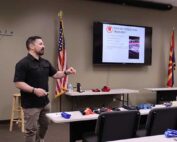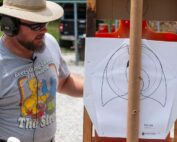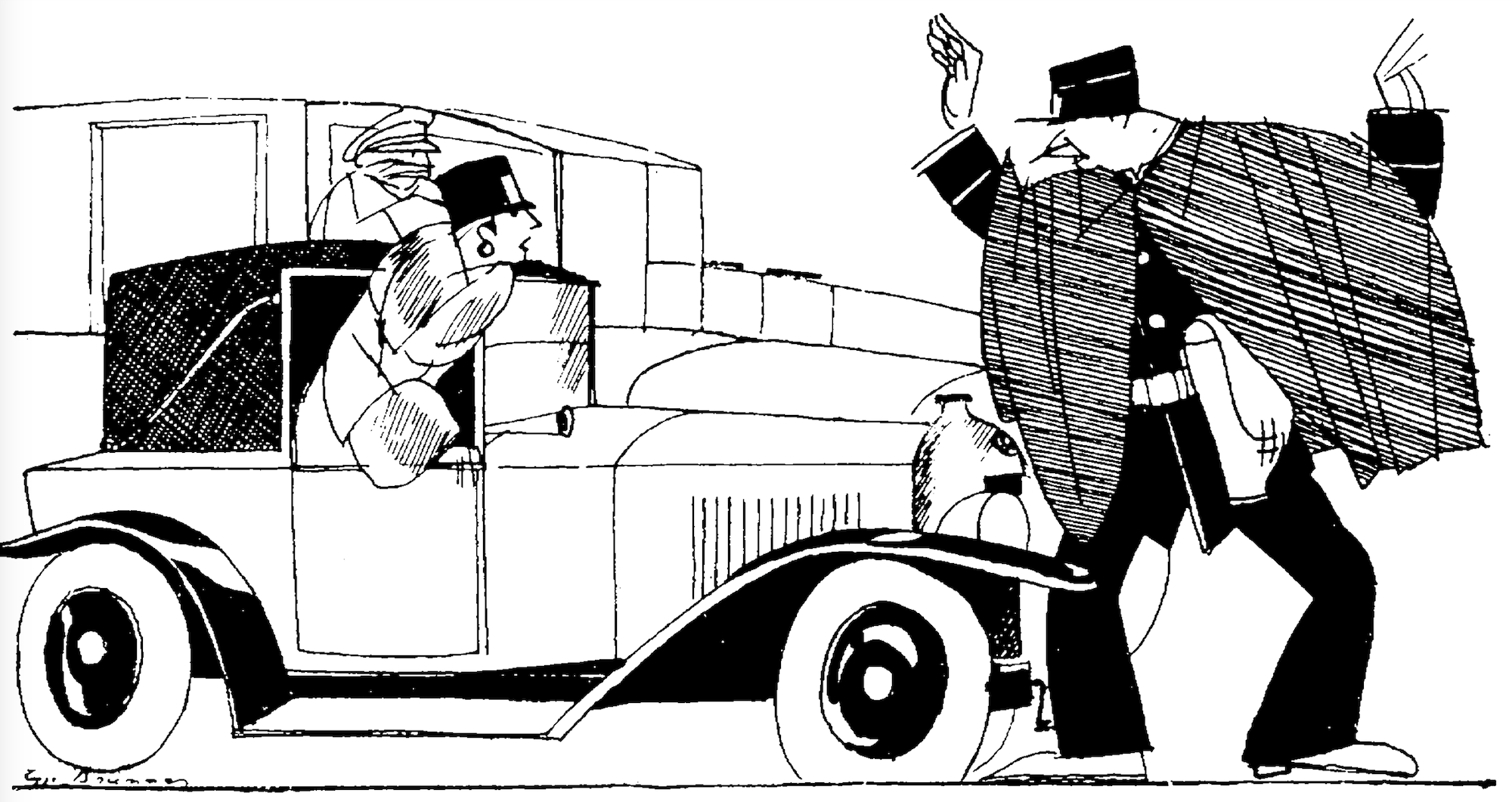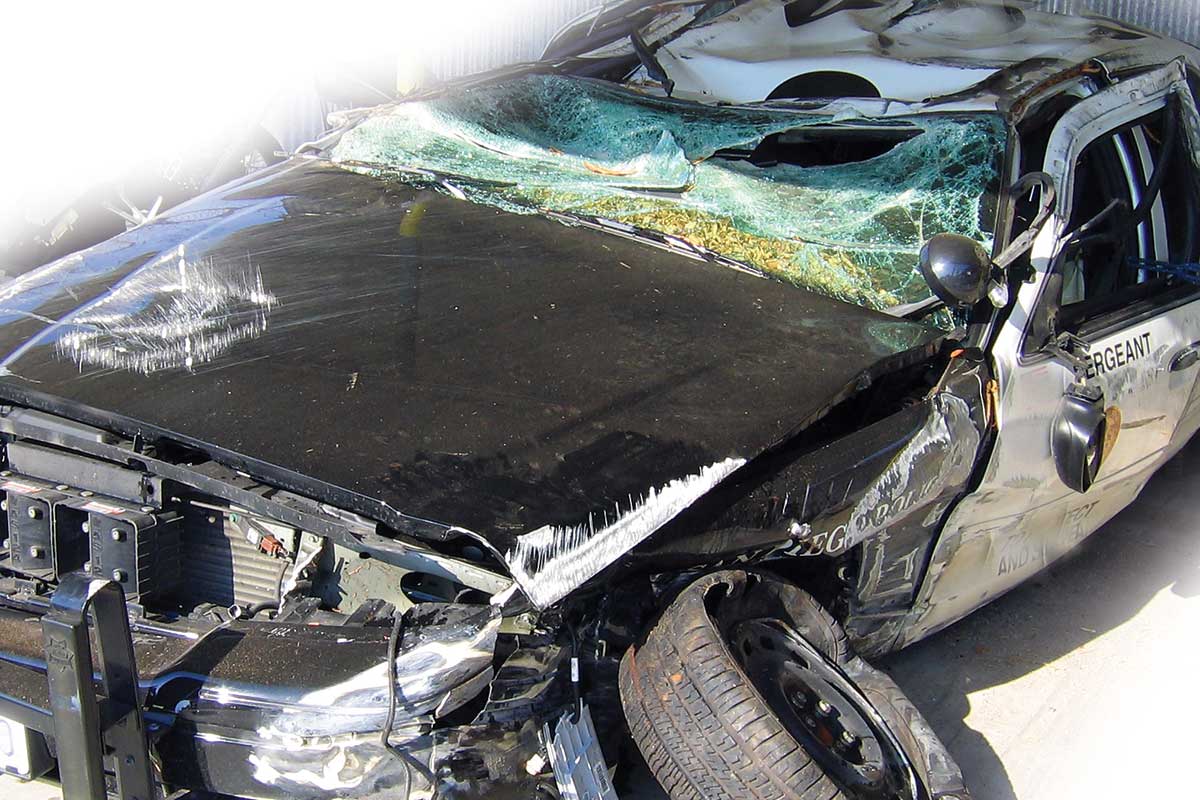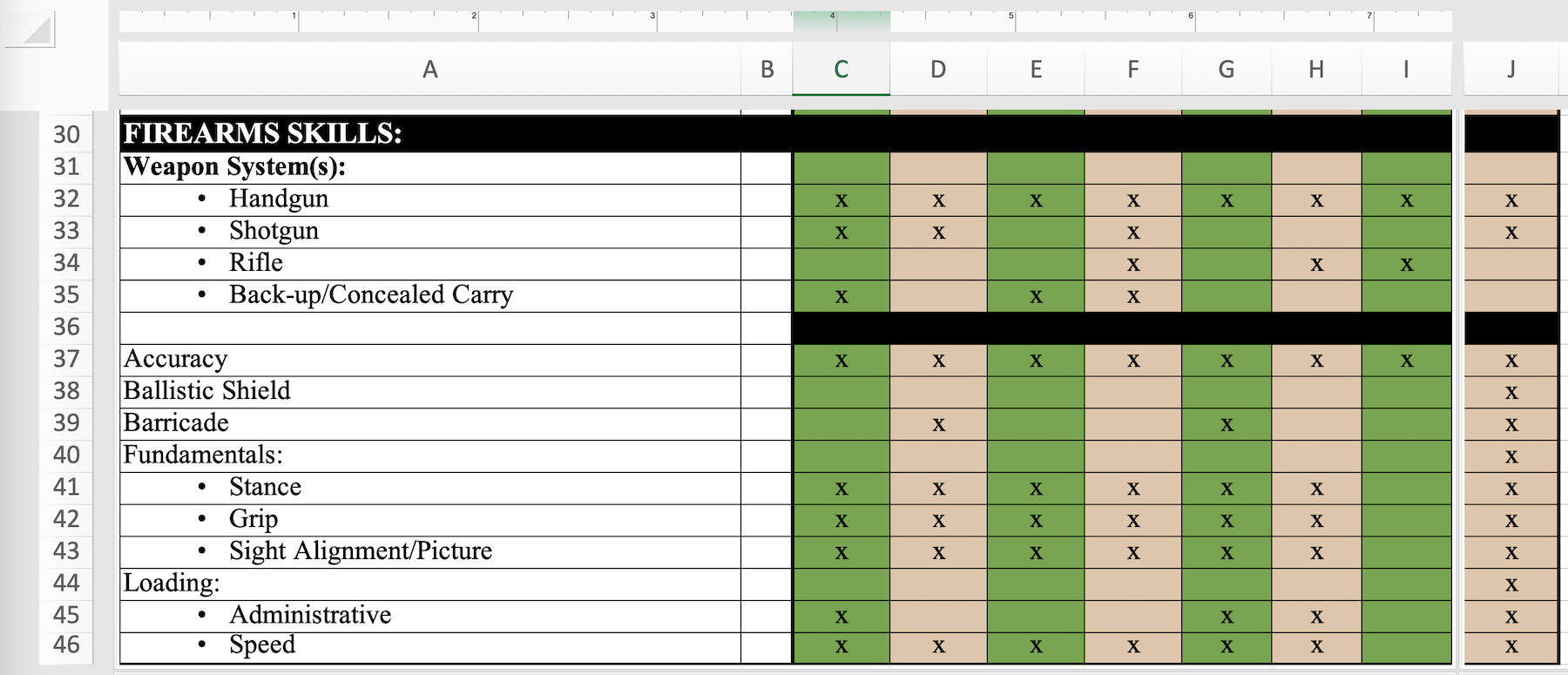
vantage-search-dude
Here in the pages of American COP Magazine we talk an awful lot about the need and virtues of ongoing training. Given the volume of videos (from citizens’ to dash cams), news reports and lawsuits, it’s easy to see why training is critical. Some real gems out of Texas and New Mexico are the poster children for “What were they thinking?” It would seem the Fourth Amendment has been tossed out, or cops — and courts — have taken a literal interpretation of the idiom “Justice is blind,” because there have been some incredibly questionable searching practices occurring.
The issue? People are being subjected to roadside strip searches and body cavity searches after a dog, or in some cases, an officer, has smelled something. I’d like to know how a smell rises to the level of an invasive search of body cavities, particularly when a search of the vehicle and custodial search reveal nothing. Here’s a newsflash: A drug-dog alert is not consistently reliable. And I can guarantee you I never once thought having a look inside someone’s private areas was appropriate after I’d smelled marijuana emanating from within a car after I’d made a traffic stop! If I sound a little irritated, it’s because these are the very kinds of tactics that get severe restrictions placed on what cops can and can’t do. These tactics shock the conscience of the court — and of the very citizens we’re working for.
Not Interchangeable
First we need to have a better understanding of strip searches and body cavity searches. Many states use similar definitions. A strip search is the search of an individual requiring the removal or rearrangement of some or all of the clothing to permit the visual inspection of any or all skin surfaces, including the genital area. A body cavity search is any search involving not only visual inspection of skin surfaces, but also the internal physical examination of body cavities and in some instances organs such as the stomach cavity.
Although the media seems to use these terms interchangeably, they clearly do not have the same meaning. SCOTUS has not given a precise definition of strip search, but a search incident to arrest could be construed as a strip search. Remember, you’re actually searching by feel and sometimes you have to move clothing to feel for contraband hidden in waistbands or undergarments. You’re not patting or frisking. However, you’re also not digitally penetrating vaginal or anal areas — that’s clearly a body cavity search. Yet we’ve got officer dash cam video to show these things are occurring; not only without a search warrant, but on the side of the road in a very public environment! WTF?
Virtually every state requires a search warrant to conduct a body cavity search, and you need probable cause — not suspicion — to obtain a search warrant. So why are cops circumventing the process? Who’s training officers in the practice of conducting roadside strip/body cavity searches? And what’s the legal basis for this?
I’d also like to meet the judge who authorized a body cavity search based on nothing more than a dog alert. In a couple of the cases I read about, it would appear the men subjected to very intrusive searches were never charged with a crime (because no drugs were found). And, they were sent bills requesting they pay for the tests (X-rays, invasive physical examination by medical staff, CT scans, enemas and colonoscopy). Are you kidding me? Here, let’s pour some gas on the flames!
If the courts don’t give law enforcement a big slap upside the head to get these practices curtailed — and severely narrow the scope of searches — I’ll be amazed. This is a training problem and it’s a failure of administrators allowing this kind of conduct to go on unabated. A very easy way to understand how outlandish this conduct is, is to simply put your immediate family members in the place of the people suffering these roadside indignities. Do you have a clear mental image of it? Now ask yourself, “Would this be acceptable to do this to my (wife/husband, mother/father or daughter/son)?” Even better, put yourself in their shoes and tell me what you’d think of it then.
Those of you in command staff positions need to take a long, hard look at the search and seizure training your agencies are teaching. Is there clearly defined policy? If not, maybe you should make it now. It’s unfortunate, but we often only learn through negative reinforcement. In this instance, the negative reinforcement can come in the form of court-mandated changes/punishment or a large hole in the budget from having to pay civil/criminal penalties. Neither option is good, and both are easily avoidable.

